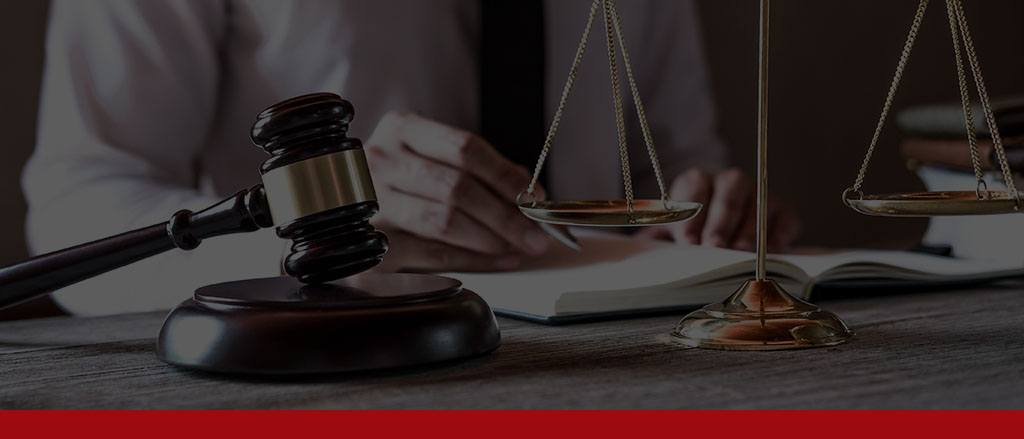The Impact of Language Barriers in Arizona Criminal Defense
The justice system promises fair and equal treatment to all, but for non-English speakers, language barriers can significantly impact the course of a criminal defense. In Arizona, where a substantial portion of the population speaks Spanish, understanding the role of language in legal proceedings is crucial. This article explores the complexities and consequences of language barriers in criminal defense, emphasizing the importance of overcoming these challenges to ensure justice is served.
Language Barriers in Initial Legal Proceedings
When an individual who is not proficient in English faces criminal charges, the initial legal interactions can be daunting. Misunderstandings during arrests, interrogations, and arraignments can lead to confusion and fear, often resulting in the inability to comprehend charges and rights. This scenario underscores the necessity for bilingual legal representation and interpretation services right from the start of the legal process.
The Right to an Interpreter
The U.S. justice system recognizes the right to an interpreter for non-English speaking defendants. However, the quality and availability of interpreters can vary significantly. In some instances, court-appointed interpreters may not be readily available, or there may be a lack of proficiency in specific dialects or cultural nuances, leading to misinterpretations that can affect the case’s outcome.
Challenges in Communication with Legal Representation
Effective communication between a defendant and their attorney is foundational to building a strong defense. Language barriers can hinder this essential interaction, making it difficult for the attorney to understand the client’s perspective or for the client to grasp the legal advice given. Bilingual attorneys or the use of qualified interpreters during these exchanges are vital to bridge this communication gap.
Implications in Evidence Presentation and Witness Testimony
Language barriers extend beyond defendant-attorney interactions to affect the presentation of evidence and witness testimonies. Miscommunication or misinterpretation can lead to inaccuracies in presenting crucial facts of the case, potentially altering the perceived credibility of evidence or testimony.
Jury Perception and Cultural Misunderstandings
In a trial, how a jury perceives a defendant can significantly influence the outcome. Non-English speakers may inadvertently appear uncooperative or evasive, not out of guilt, but due to language limitations. Additionally, cultural differences can lead to misinterpretations of behavior or testimony, further complicating the defendant’s situation.
Negotiating Plea Deals
Negotiating plea deals is a complex process that requires clear understanding and communication. Language barriers can impede a defendant’s ability to fully comprehend the implications of a plea deal, potentially leading to decisions that are not in their best interest.
The Role of Bilingual Attorneys
Bilingual attorneys play a crucial role in bridging the language gap. They can communicate effectively with clients, ensuring that their rights are protected and their voices are heard. In a city like Phoenix, where many speak Spanish, a bilingual attorney becomes an invaluable asset in the legal process.
Impact on Legal Outcomes
The consequences of language barriers in criminal defense can be profound. They can lead to misunderstandings of legal rights, ineffective counsel, and unjust legal outcomes. In the worst cases, they can result in wrongful convictions or harsher sentences.
Advocating for Change
To address these challenges, there is a need for systemic changes. This includes advocating for more interpreters, better training for legal professionals in cultural competency, and ensuring that legal materials are available in multiple languages. These changes are vital to uphold the principles of justice and equality in the legal system.
Bridging the Language Barrier
Language barriers in criminal defense represent a significant challenge in the pursuit of justice. In a diverse society, the legal system must adapt to serve all individuals fairly, regardless of their language proficiency. As we continue to advocate for change and improvement, the role of bilingual attorneys and qualified interpreters remains pivotal in ensuring that the rights of non-English speakers are fully protected in the criminal justice system.

